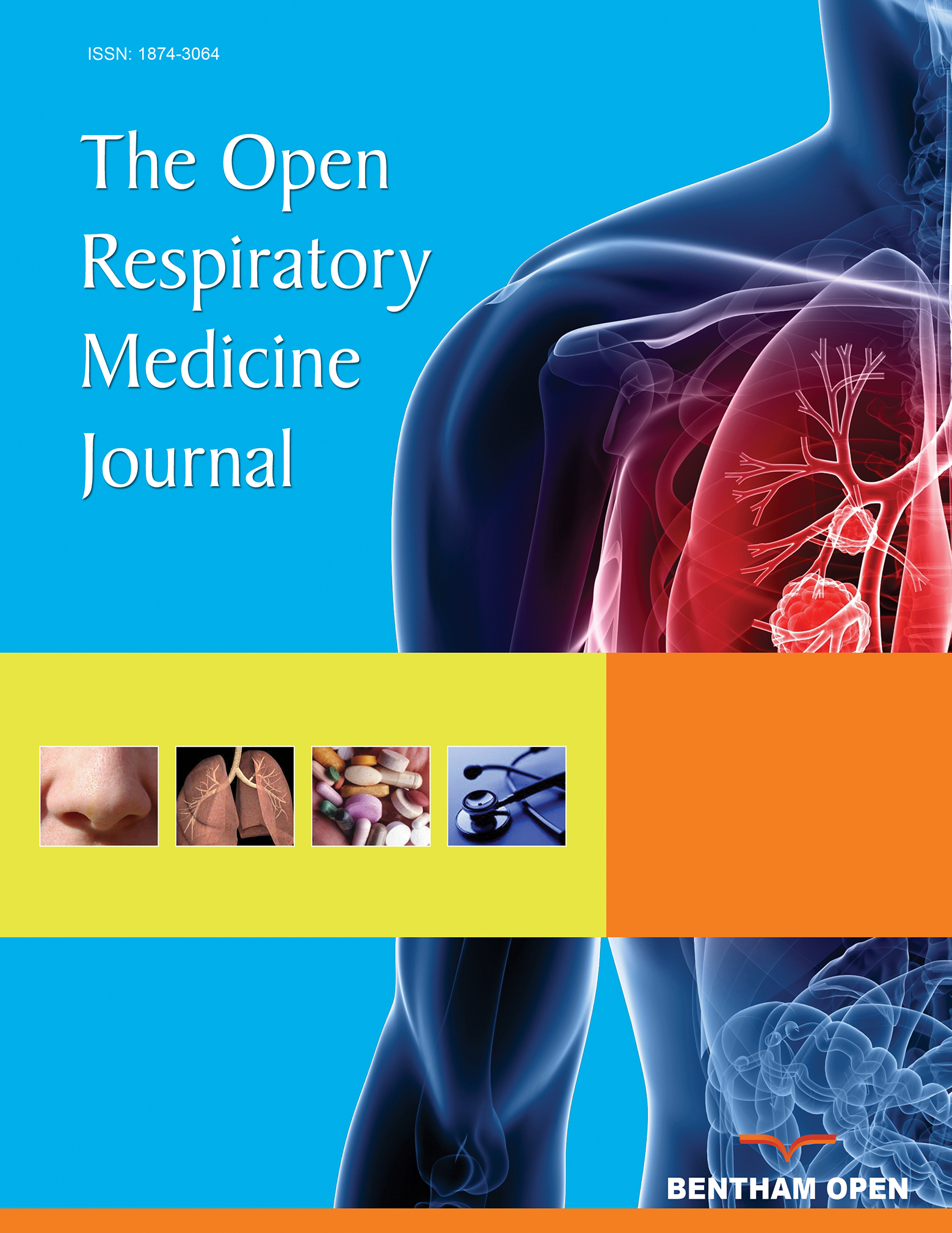All published articles of this journal are available on ScienceDirect.
Sphingosine-1-Phosphate Aggravates Antigen-Induced Airway Inflammation in Mice
Abstract
Recent investigations suggest an involvement of sphingosine-1-phosphate (S1P) in the pathogenesis of allergic bronchial asthma. However, the role of S1P in the development of asthma is still controversial. Our aim was to investigate the effects of intranasal application of S1P on antigen-induced airway inflammation in a mouse model of allergic bronchial asthma.
Methodology:
Male BALB/c mice were actively sensitized with ovalbumin antigen, and were repeatedly challenged with aerosolized antigen. Animals also received an intranasal administration of S1P (10-5 M, 20 µL) or its vehicle (1% methanol in sterile PBS, 20 µL) 30 min prior to each antigen challenge. Histological examinations of the lungs and determination of cell number in the bronchoalveolar lavage fluids (BALFs) were studied.
Results:
The airway inflammation induced by antigen exposure was significantly augmented by the intranasal administration of S1P: the cell number in BALFs of the S1P-treated, antigen-challenged mice (S1P-Challenged, 48.9±4.8 x 104/mL BALF) was significantly increased as compared with those of the vehicle-treated, antigen-challenged ones (Vehicle-Challenged, 26.3±5.7 x 104/mL BALF, P<0.01).
Conclusion:
In mice, the intranasal administration of S1P might aggravate the antigen-induced airway inflammation.


